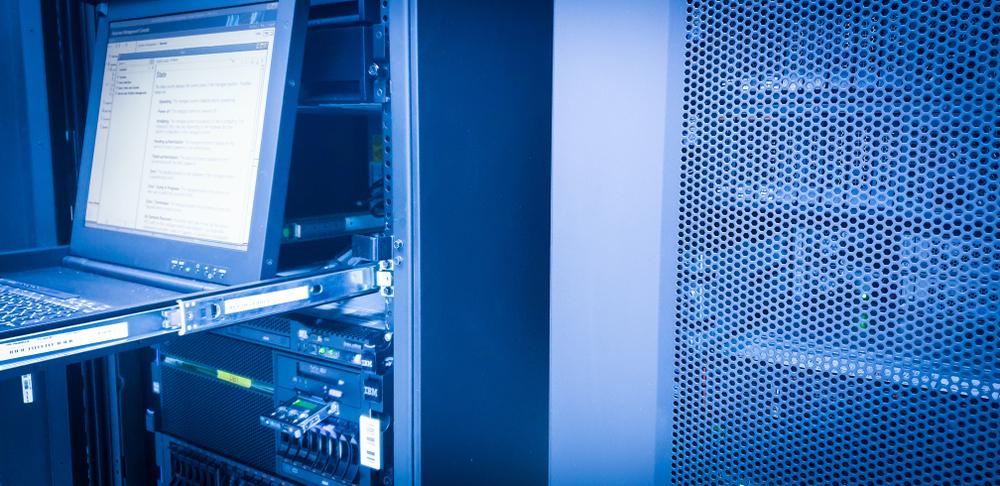In the world of IT and network management, efficiency and reliability are not just goals—they are necessities. This comprehensive guide introduces two critical elements in achieving these objectives: Interface Components and Console Servers. Designed for computer hardware experts, Cisco professionals, IT professionals, system integrators, and network administrators, this article dives deep into how these components are pivotal in streamlining network operations.
Understanding Interface Components
Definition and Types
Interface components are the vital links that facilitate communication between devices and networks. These include various types of hardware like network interface cards (NICs), which connect computers to networks; serial ports, offering point-to-point device communication; and USB interfaces, providing universal connectivity.
Importance in Networking
The role of interface components extends beyond mere connectivity. They are integral in enabling data transfer, ensuring devices communicate efficiently within a network environment. Their utility in configuring and managing network setups cannot be understated, offering the backbone for seamless information exchange.
Exploring Console Servers
Definition and Functionality
Console servers, on the other hand, provide remote management capabilities for network devices. They allow IT professionals to access, configure, and manage network equipment from any location, granting out-of-band access to servers, switches, routers, and other network devices through their serial ports.
Features and Capabilities
The key features of console servers include remote console access, which ensures that administrators can manage systems regardless of the network’s state; serial port connectivity, for direct device interaction; and management tools, which offer streamlined monitoring and configuration options.
Benefits of Using Console Servers
Remote Management
One of the primary benefits of console servers is their remote management capability. This allows for efficient troubleshooting, configuration, and maintenance of network devices from any location, reducing downtime and operational costs.
Increased Efficiency
By centralizing control and monitoring of network devices, console servers enhance operational efficiency. Administrators can manage multiple devices simultaneously, streamlining processes and improving network performance.
Enhanced Reliability
Console servers also improve system reliability. With redundant connectivity options and failover mechanisms, they ensure continuous access to devices, even in the event of network failures.
Applications of Interface Components and Console Servers
Data Centers
In data center environments, interface components and console servers play crucial roles in ensuring smooth operation. They enable efficient resource management and guarantee that data centers can meet the demands of high-traffic networks.
Remote Offices and Branches
For remote offices and branches, these Computer components ensure secure and efficient management and access. They permit centralized control over distant network setups, enhancing the performance and security of remote connections.
Choosing the Right Interface Components and Console Servers
Considerations for Selection
When selecting interface components and console servers, consider factors such as compatibility, scalability, and management features. Compatibility ensures seamless integration with your existing network setup, while scalability allows your network to grow. Additionally, look for console servers with robust management features that simplify device monitoring and management.
Product Recommendations
While there are many options on the market, choosing the right products should be based on performance, reliability, and customer reviews. High-performing and reliable console servers and interface components can significantly contribute to the efficiency and reliability of your network infrastructure.
Conclusion
Interface components and console servers are indispensable in modern network infrastructure. They play pivotal roles in enhancing connectivity, operational efficiency, and system reliability. By understanding and utilizing these components effectively, IT professionals can ensure their networks remain robust and responsive to the demands of today’s digital world.






